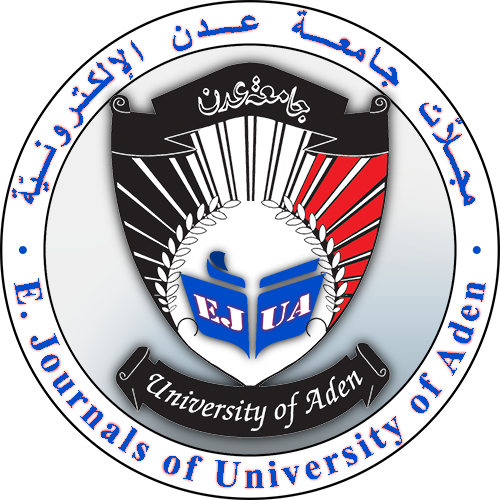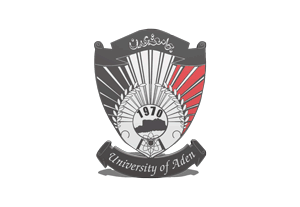WASHBACK EFFECT OF YEMENI GENERAL SECONDARY SCHOOL CERTIFICATE ENGLISH EXAMINATION ON TEACHERS' TEACHING PRACTICES AND CLASSROOM TESTING
DOI:
https://doi.org/10.47372/ejua-hs.2021.3.111Keywords:
Washback, Teachers' practices, Classroom testing, General secondary school certificate english examination.Abstract
The new trends in language testing towards the effect of testing in language learning and teaching helped in emerging a new concept ''washback'' or ''backwash'' to reflect the vital role that tests play, positively or negatively, in language learning and teaching. This study aims to investigate the washback effect of Yemeni General Secondary School Certificate English Examination (YGSSCEE) on teachers' teaching practices and classroom testing. The research methodology was quantitative approach design. Interview was used as a research instrument. The population of this study was 21 of English language teachers at Yemeni secondary schools namely: Aden, Abyan and Lahj. The study used purposive sampling method. The findings of the study revealed that teachers' teaching practices and classroom testing were, negatively, influenced by YGSSCEE. Most of the teachers used grammar translation method instead of implementation of communicative language teaching that was emphasized by Crescent English Course 6 for Yemen (CEC6Ym). Most of the teachers adapted the classroom tests from the past YGSSCEE papers. Reading, writing and grammar were given more emphasis; while listening skill was totally skipped in language teaching and testing. Most of the teachers considered the YGSSCEE as a role model in language teaching and testing in classrooms.








